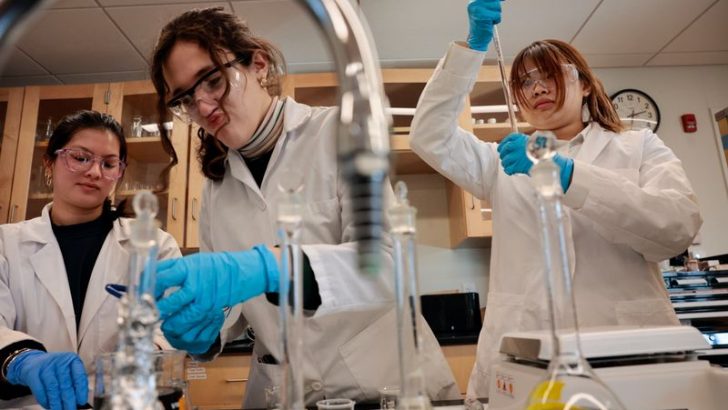College education has long been deemed essential for success, yet there are significant drawbacks worth considering. As the landscape of education evolves, so too should our understanding of its pros and cons. Let’s explore the challenges that might make us question the conventional wisdom of pursuing a college degree.
High Student Debt

The financial burden of student loans is often overwhelming. Many graduates find themselves in significant debt, which can take years, sometimes decades, to repay. This financial strain can impede other life goals, such as buying a home or starting a family.
Faced with high-interest rates, many are forced to postpone important life decisions. The pressure of debt can also affect mental health, leading to stress and anxiety. The question arises: Is this crippling debt worth it?
Did you know? Student loan debt in the U.S. exceeds $1.7 trillion, impacting millions nationwide.
Limited Practical Experience
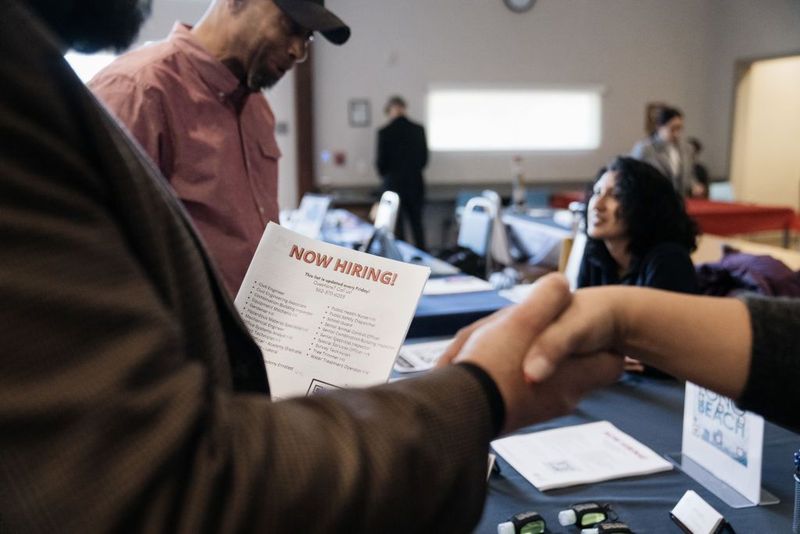
Graduates often leave college with theoretical knowledge but lack practical skills. Many employers seek candidates with hands-on experience, leaving new graduates at a disadvantage.
Without real-world application, theoretical concepts can seem abstract. This gap in practical experience can delay career progression. Employers might favor experience over a degree.
Internships and practical training are essential to bridge this gap, yet they are not always part of the curriculum. The college experience can leave students unprepared for the job market’s realities.
Uncertain Job Market
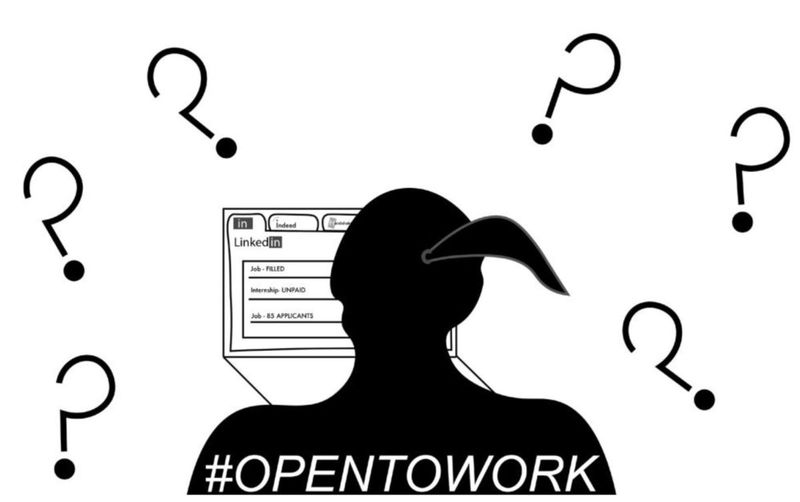
The promise of a secure job post-graduation is not always fulfilled. Economic fluctuations and changing industry demands can render certain degrees obsolete.
Many graduates face underemployment or struggle to find jobs in their field. The job market’s unpredictability means that a degree is no longer a guaranteed ticket to success.
Statistics show that nearly half of college graduates work in jobs that don’t require a degree. This raises concerns about the true value of a college education in today’s world.
Loss of Time
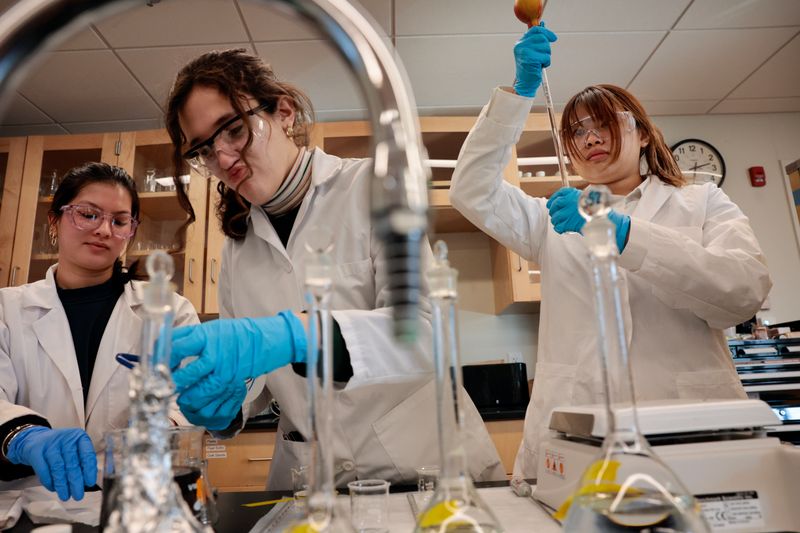
Spending four or more years in college delays entry into the workforce. While peers might gain experience and income, students are still attending lectures.
This delay can affect career timelines and opportunities. Many fields value experience over education, and entering the workforce earlier can offer an advantage.
Time spent in college could be used to explore different career paths or develop skills directly. The investment of time doesn’t always translate to proportional returns.
Mismatch of Skills
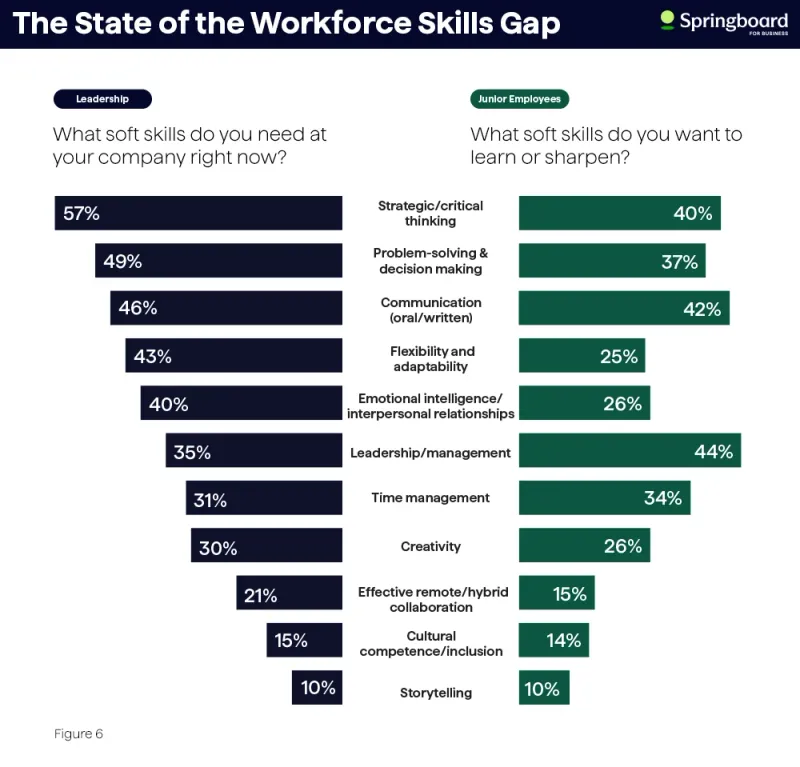
The curriculum in many colleges often fails to align with industry needs. Graduates might possess knowledge not currently valuable in the job market.
This mismatch can lead to frustration and job dissatisfaction. Employers seek candidates who can add immediate value, which isn’t always possible with outdated curricula.
Continuous adaptation of educational programs is crucial. However, many institutions lag, leaving students with degrees that don’t meet employers’ expectations.
Mental Health Challenges
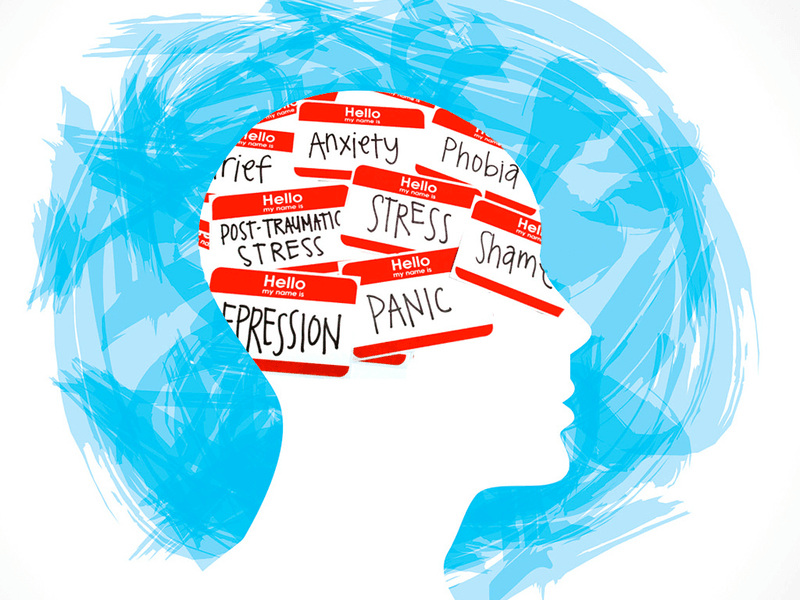
College life can be mentally taxing, affecting students’ well-being. The pressure to succeed academically, socially, and personally can lead to mental health issues.
Stress, anxiety, and depression are prevalent among college students. The stigma around mental health can prevent students from seeking help, exacerbating the problem.
Support systems are essential, but they are not always accessible or effective. The college environment can sometimes prioritize achievement over students’ mental health needs.
Questionable Return on Investment
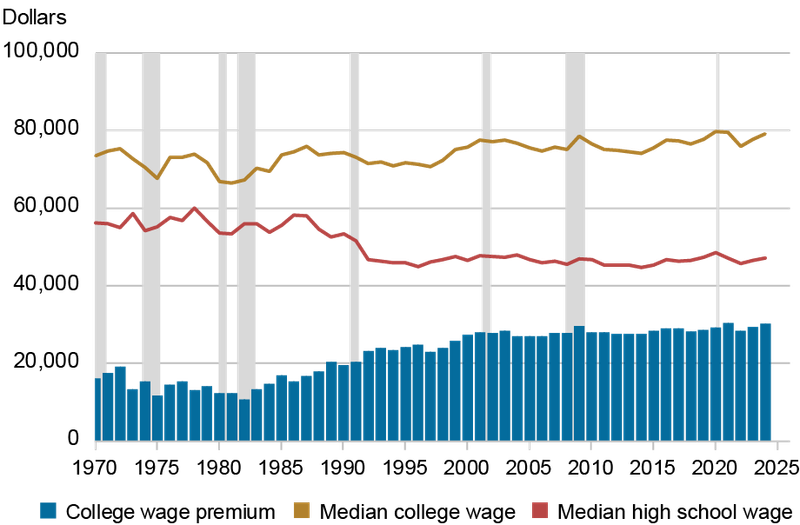
The cost of college continues to rise, yet the return on investment isn’t always clear. Many graduates earn salaries that don’t justify the expense of their education.
A degree doesn’t guarantee high earnings or job security. This uncertainty makes potential students question the true financial value of college.
Exploring alternative education paths, such as vocational training or apprenticeships, might offer better returns. The traditional college path isn’t always the most financially viable option.
Lack of Career Guidance

Many students enter college without a clear career path. The guidance provided can be inadequate, leading to aimless course selections and wasted time.
Proper career counseling is essential to help students align their studies with their passion and job market demands. However, it’s often lacking.
A lack of direction can result in extended college years or switching majors, increasing costs and delaying graduation. Effective guidance is critical for making informed decisions about education and career paths.
Diminished Value of Degrees

As more people earn degrees, the value of a college diploma diminishes. The job market becomes saturated, making it harder to stand out.
Employers often look for additional qualifications or experience beyond a degree. This can pressure students to pursue advanced degrees, leading to more debt.
The oversaturation of degrees questions their significance. It prompts a reevaluation of what education means in a competitive job market.
Social Pressure and Expectations

Societal expectations push many towards college, regardless of personal fit. High school graduates feel the pressure to conform to this ‘success’ narrative.
The fear of judgment or failure drives decisions, overshadowing personal career aspirations. This societal pressure can lead to resentment and dissatisfaction.
Choosing college should be a personal decision, not a societal expectation. Encouraging diverse paths can lead to more fulfilled individuals.

